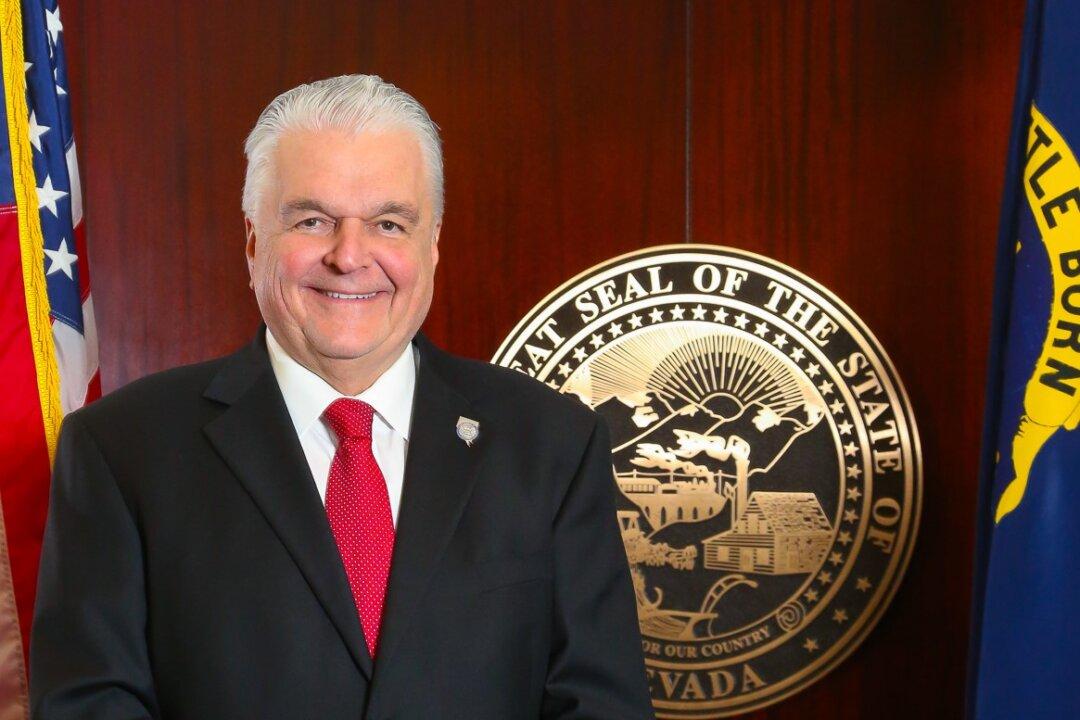After a string of state-level victories, the forward momentum of a proposal to guarantee that the winner of the national popular vote in future presidential elections becomes president of the United States may have been halted after Nevada unexpectedly said no to the proposal.
On May 30, Nevada Gov. Steve Sisolak, a Democrat, vetoed a bill that would have given the state’s six Electoral College votes to the presidential candidate who wins the national popular vote.





